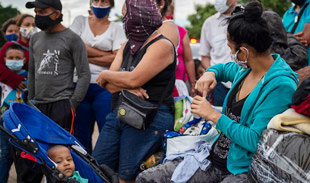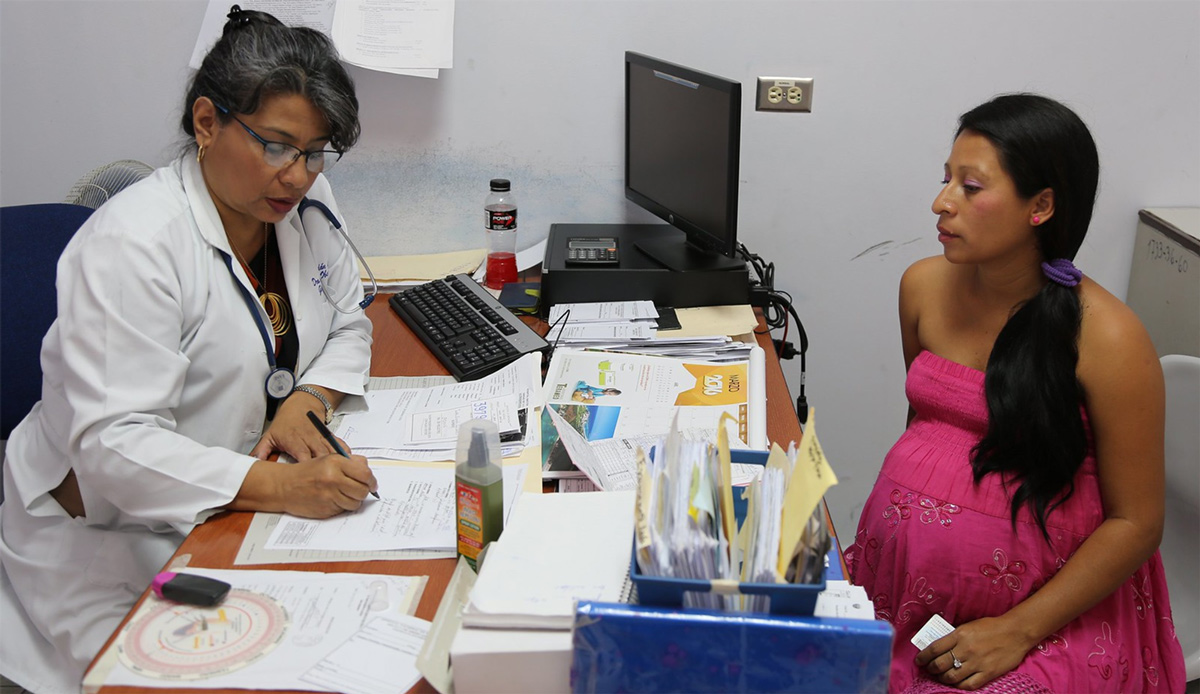
Given the scarce evidence relating to sexual and reproductive health and rights and migration in the Americas, including risks of infectious diseases and health system capacity to respond, the need for context-specific and locally led evidence generation was deemed a priority for partners working on these issues.

